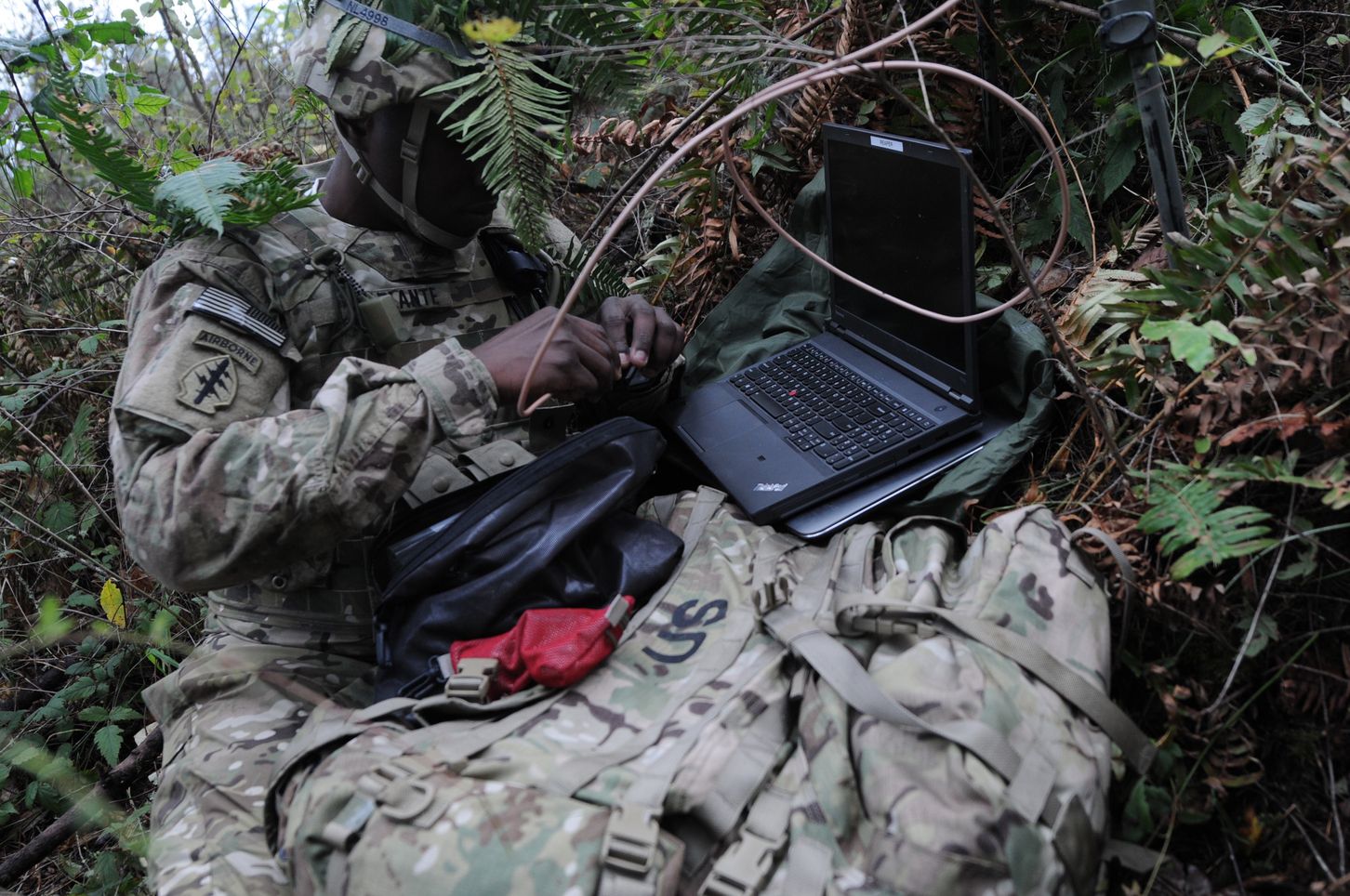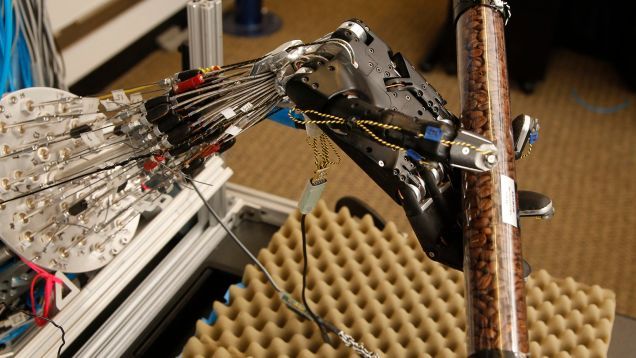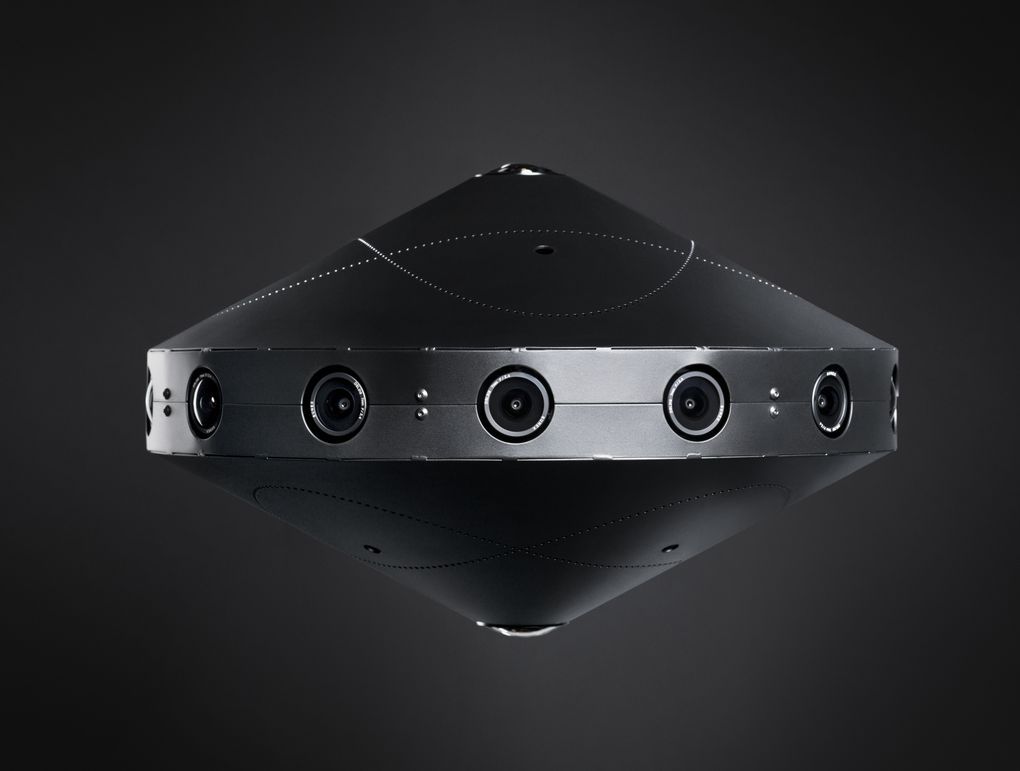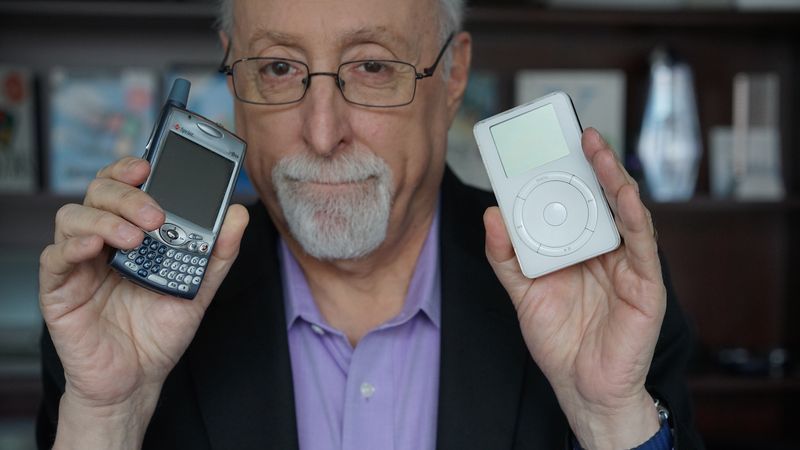May 11, 2016
The world’s tiniest, most powerful nanoengine
Posted by Sean Brazell in categories: biotech/medical, nanotechnology
University of Cambridge researchers have developed the world’s tiniest engine, capable of a force per unit-weight nearly 100 times higher than any motor or muscle.
The new nano-engines could lead to nanorobots small enough to enter living cells to fight disease, the researchers say.
Continue reading “The world’s tiniest, most powerful nanoengine” »


















